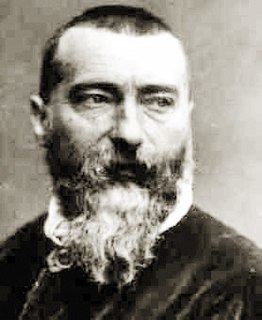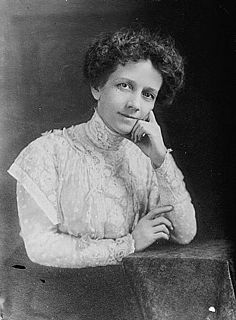A Quote by Francis Chan
I think most American churchgoers are the soil that chokes the seed because of all the thorns. Thorns are anything that distracts us from God. When we want God and a bunch of other stuff, then that means we have thorns in our soil. A relationship with God simply cannot grow when money, sins, activities, favorite sports teams, addictions, or commitments are piled on top of it.
Related Quotes
Confession is the act of inviting God to walk the acreage of our hearts. “There is a rock of greed over here, Father. I can’t budge it. And that tree of guilt near the fence? Its roots are long and deep. And may I show you some dry soil, too crusty for seed?” God’s seed grows better if the soil of the heart is cleared.
Man is sitting disconsolate on an anthill one morning. God asks him what the matter is and man replies that the soil is too swampy for the cultivation of the yams which God has directed him to grow. God tells him to bring in a blacksmith to dry the soil with his bellows. The contribution of humanity to this creation is so important. God could have made the world perfect if he had wanted. But he made it the way it is. So that there is a constant need for us to discuss and cooperate to make it more habitable, so the soil can yield, you see.
There are two gods. The god our teachers teach us about, and the God who teaches us. The god about whom people usually talk, and the God who talks to us. The god we learn to fear, and the God who speaks to us of mercy. The god who is somewhere up on high, and the God who is here in our daily lives. The god who demands punishment, and the God who forgives us our trespasses. The god who threatens us with the torments of Hell, and the God who shows us the true path.
There are two gods. A god who casts us off because of our sins, and a God who calls to us with His love.
Loving God means rejoicing in God, being eager to think of and pray to God. It means being glad to be in God's presence and to be with God alone. It means not grieving God, but rejoicing in God simply because it is God who is involved, and because we are permitted to know and have God, and to speak with and live with God.
So it is with life. Those thorns, the prickly problems of life, cause us to strive to rise above them and then, as we do, we learn. We learn to exercise true compassion, true kindness - or the thorns, if we let them, cause us to brood, to mourn over our trials. Then we plant the seeds of bitterness, hate, and ruin - weeds. We may reach up for the rose or down to the weeds...the weeds in life that tangle us, strangle us, and cause us to lose hope.
The seed of God is in us. If the seed had a good, wise and industrious cultivator, it would thrive all the more and grow up to God whose seed it is, and the fruit would be equal to the nature of God. Now the seed of a pear tree grows into a pear tree, a hazel seed into a hazel tree, and the seed of God into God.
...I remembered the rose bush that had reached a thorny branch out through the ragged fence, and caught my dress, detaining me when I would have passed on. And again the symbolism of it all came over me. These memories and visions of the poor--they were the clutch of the thorns. Social workers have all felt it. It holds them to their work, because the thorns curve backward, and one cannot pull away.



































